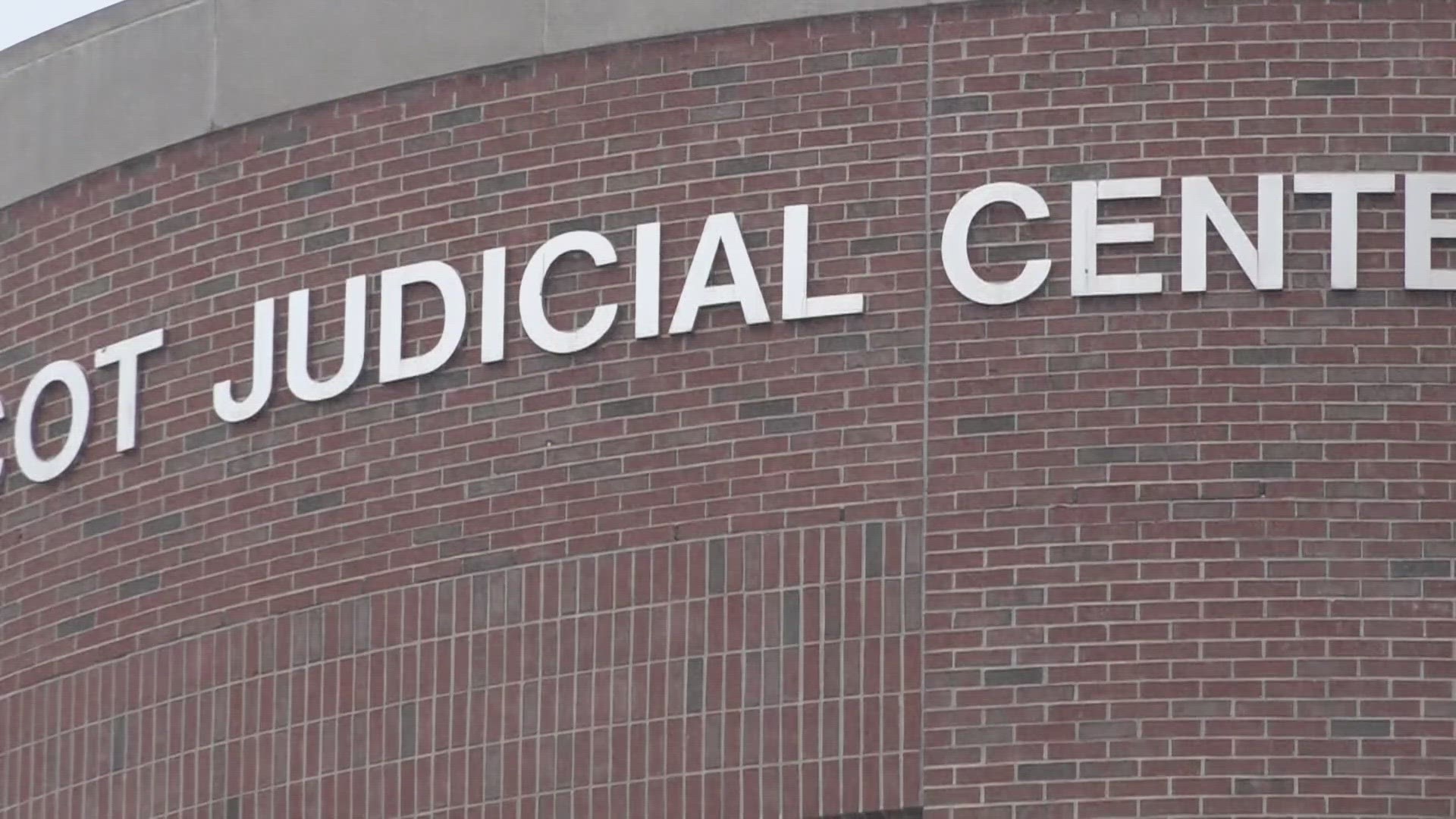AUGUSTA, Maine — At just fifteen years old, Samson Cournane might seem a tad young to be on the on the minds of company counsel. But in Maine, at least, he sits at the heart of a stirring free speech debate.
After starting an online petition calling into question the standard of care at Northern Light Eastern Maine Medical Center in Bangor, the hospital threatened to sue Cournane’s mother, a former employee, for defamation.
To Samson, who said the claims made in his petition are factually accurate, this move marked the beginning of a SLAPP—or Strategic Lawsuit Against Public Participation—whereby a company or organization frivolously sues its critics with the purpose of dragging them through an arduous legal process, with little care for the merits of the case.
“That's actually against what the first amendment is for,” Cournane said Sunday, “because the first amendment gives you the rights to say what you want and speak what you believe.”
A spokesperson for Northern Light said the defamation suit is warranted because Cournane’s petition contains assertions that are "factually unsupported."
But Cournane disagrees.
“My whole goal is to speak out and inform the public on what's going on,” he said.
As the tug-of-war over the petition continues, the threats made by Bangor’s largest hospital are finding a home inside a larger discussion, headed by local elected leaders, of how the courts should and can be used in matters of free speech.
This week, legislators will be considering a bill to expand anti-SLAPP laws.
Current state law protects individuals from SLAPP suits only in government proceedings—like testimony or legislative debate. Under LD 870, sponsored by State Senator Mike Tipping (D-Penobscot), that would extend to more public spaces, shielding SLAPPS from moving forward in other forums, like newspapers and social media.
Tipping said the legislation is based on New York's anti-SLAPP law, which is one of the stronger of its kind in a nation where 30 states have some kind of restrictions on frivolous lawsuits, but where no federal guidelines on the topic exist.
“What we want to see is a mechanism where bogus lawsuits can be thrown out earlier,” Tipping said on Saturday.
Right now, Tipping added, Maine is far from that point.
“People can be shut up or shut down even if they have something legitimate to say,” he said.
While Tipping promises the bill, if passed, would not interfere with legitimate claims of defamation, slander, and libel, some of his constituents worry about the territory effort is entering into.
“You have to be very delicate and careful when you're nibbling at the first amendment around the edges,” Orono resident Robert Klose said Saturday.
LD 870, which was carried over from last session after an error in the proposal’s language, will be the subject of a legislative work session on Wednesday. The bill faced opposition in the last legislative session, most notably from the Maine Principals Administration. Holly Blair, the executive director of the organization, gave testimony in April, citing concerns that Tippings bill would allow people to harass and intimidate school board members without ramifications, because such actions would happen in a public forum. Tipping said he's confident the new version of the bill will address that issue.

